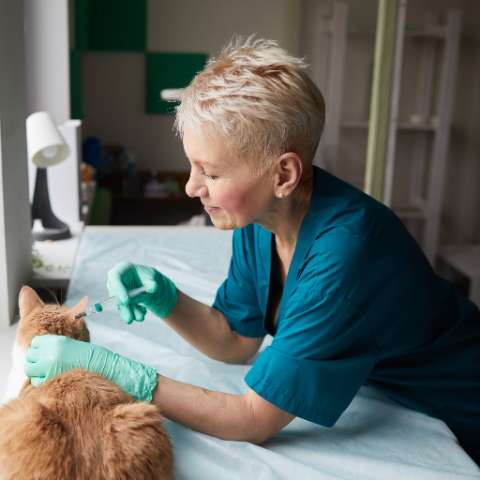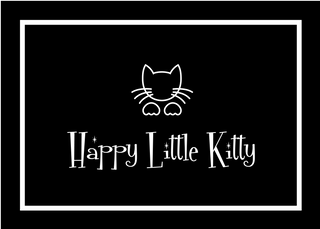The Case for Cat Vaccines
If you're like most cat owners, you probably don't give much thought to vaccines. After all, cats are pretty low-maintenance when it comes to their health. As long as they have a clean litter box and a steady supply of food and water, they're pretty much good to go, right? Well, not exactly. Just like any other living creature, cats are susceptible to disease, and that's where vaccines come in. Vaccines help protect your cat from a variety of diseases, some of which can be deadly. Let's take a look at some of the most important cat vaccines and why you should make sure your feline friend is up-to-date on them.

The rabies vaccine is one of the most important vaccines for cats. Rabies is a viral disease that affects the nervous system and is almost always fatal. The good news is that rabies is 100% preventable with vaccination. All cats should be vaccinated against rabies at 4-6 weeks of age and then booster shots should be given every 1-3 years thereafter depending on state law (some states require annual rabies vaccinations). Indoor cats are at lower risk for contracting rabies than outdoor cats, but even indoor cats should be vaccinated as it only takes one exposure to the virus to contract the disease.
Another important vaccine for cats is the feline panleukopenia (FPV) vaccine. FPV is a highly contagious and often deadly disease caused by a virus that attacks the white blood cells. Kittens are especially susceptible to FPV, which is why it's so important to make sure they're vaccinated against it. The FPV vaccine is typically given in a series of 3 vaccinations starting at 6-8 weeks of age, with booster shots given every 3-4 weeks until the kitten is 16 weeks old. After that, adults should be vaccinated against FPV every 1-3 years depending on their risk factors (outdoor cats are at higher risk than indoor cats).
The feline leukemia virus (FeLV) vaccine is another important vaccine for cats, particularly for those who go outdoors or live in close quarters with other cats (such as in shelters or catteries). FeLV is a virus that attacks the immune system and can lead to a host of serious health problems including cancer. The FeLV vaccine is typically given in a series of 2 vaccinations starting at 8-10 weeks of age, with booster shots given every 3-4 weeks until the kitten is 16 weeks old. After that, adults should be vaccinated against FeLV every 1-3 years depending on their risk factors (outdoor cats are at higher risk than indoor cats).
As you can see, there are a number of important vaccines for cats that can help protect them from serious—and sometimes deadly—diseases. If you're not sure if your cat is up-to-date on their vaccinations, be sure to check with your veterinarian. They can help you create a vaccination schedule that's tailored specifically for your cat based on their individual needs and risk factors.


Leave a comment